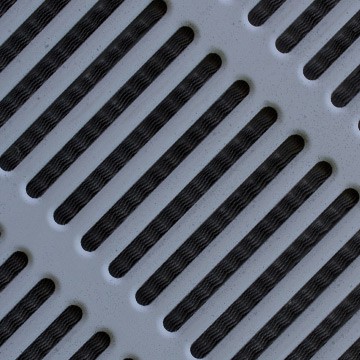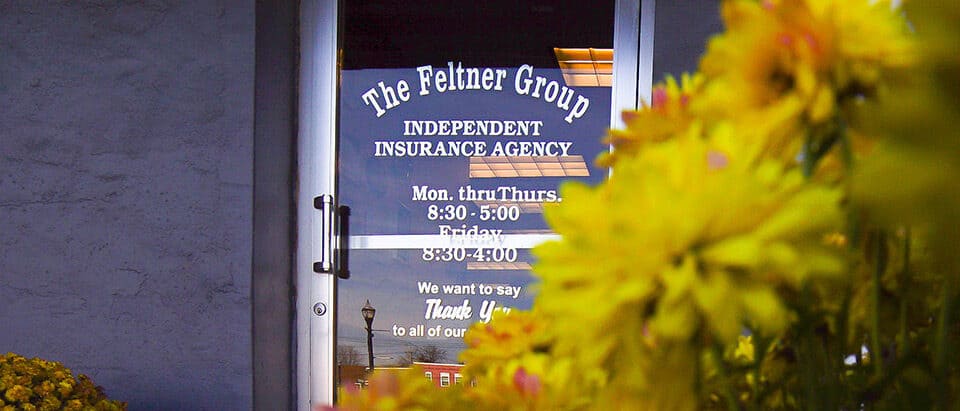HVAC Contractor Insurance
We’ll connect our clients with the best rated HVAC insurance companies at the best price.
We’ll then help you find an HVAC contractor insurance policy that is tailored to your needs. Our goal is to give you peace of mind, knowing that your HVAC operations, your employees, and your financial future are well protected, so you can focus on doing great work for your customers.
- Is there one specific insurance policy for HVAC Contractors?
- Should my HVAC Insurance policies change as my business grows?
- What is a bond and why would I need one?
Not sure of the answers?

HVAC Contractor Insurance
What it is
Heating and A/C (HVAC) contractors provide services relating to heating and air conditioning. HVAC contractors are responsible for installing, repairing, or maintaining air conditioning units, heating units, and ventilation in homes and businesses. On the job, liability risks range from making a mistake while making repairs to potential harm to yourself or employees; so, while no specific HVAC contractor insurance policy exists, various insurance policies are recommended together for HVAC contractors.

HVAC Contractor Insurance
Why you need them
It doesn’t matter how careful you are or how advanced your skills are as an HVAC contractor, mistakes and accidents happen. There could be injuries to third parties, property damage, and more due to working on someone else’s property and performing physically exertive tasks with tools.
There are a lot of policies that need to be in place for complete HVAC contractor insurance coverage, and business growth or decline can affect that. Have you purchased another company vehicle? Are you covered for the scale of rental equipment you utilize? All policies need to be reviewed to ensure exposures are properly covered. We’ll help you find the best coverage at the lowest cost from trusted HVAC insurance companies.

HVAC Contractor Insurance
Recommended Insurance Policies
- Commercial General Liability: Provides financial protection against claims of bodily injury or property damage for which your business could be held responsible.
- Products & Completed Operations: Ensures a third party can assume the financial and liability-related risks tied to a contractor’s completed work. If deemed necessary based on size/scale of your operation, this insurance is included in your Commercial General Liability policy.
- Commercial Auto: Ensures vehicles used to travel to job sites or carry supplies are coverages for property damage and bodily injury liability, collision and comprehensive coverage, uninsured/under-insured motorists and more.
- Workers’ Compensation: Covers employees’ medical costs and a portion of their lost wages in case of operational injury or workplace illness.

HVAC Contractor Insurance
Best Practices
Utilize Bonds: Contractor bonds are legally enforceable contracts that bind together three different parties: the principle, the obligee, and the surety. The surety guarantees that the principal is going to complete the work to fulfill terms of the contract with the obligee. If the principal fails to fulfill the terms, the obligee can make a claim on the contractor bond in order to gain compensation.
They help protect the public by creating guarantees from construction professionals, getting them to observe certain regulations and abide by the contractual rules and guidelines, thereby protecting consumers from potential financial loss.
Write Policies for Growth: There are some things that can be done at policy inception or adjusted during the policy term to address concerns about costs and installment plans.
When your business grows, and you add employees and payroll, it affects the premium on both your general liability and your worker’s compensation. But, if your payroll hasn’t been adjusted during your policy term, you could owe a significant premium when audit time comes. Most hvac insurance companies will allow for at least one mid-term adjustment. This allows your business to absorb the additional premium over a period of time during the policy term.
On the other hand, if you’re downsizing and you’ve laid off employees and decreased your payroll, a mid-term adjustment will allow you to pay less on a weekly/monthly basis and help you with cash flow.
Related Articles

Contractor Checklist: 8 Tips For Selecting a Contractor
Posted on February 28, 2023Before you invite a contractor to work on your home, make sure they’re thoroughly vetted and up for the job. Check out this quick contractor checklist to ensure you hire a quality craftsman. …

Fraud Protection: What You Need to Know
Posted on October 15, 2021Insurance fraud is a real concern for homeowners. Here are some actionable tips to keep in mind each time you’re checking out new potential contractors to work with….
